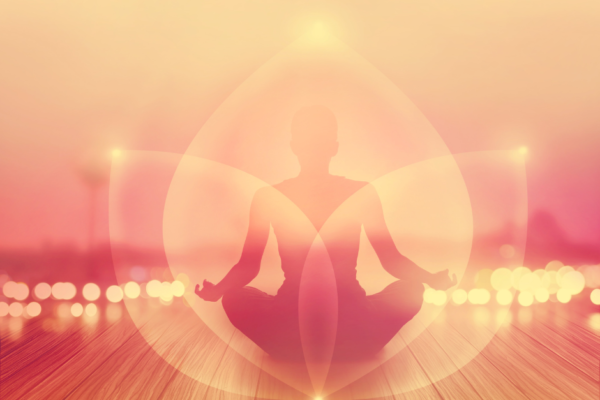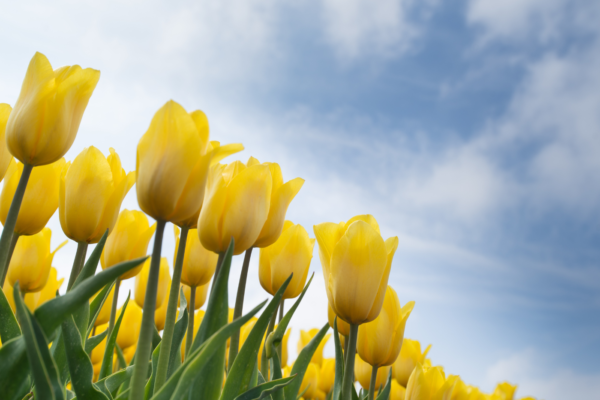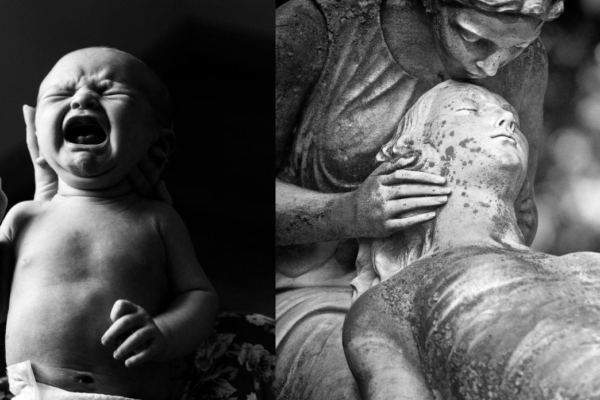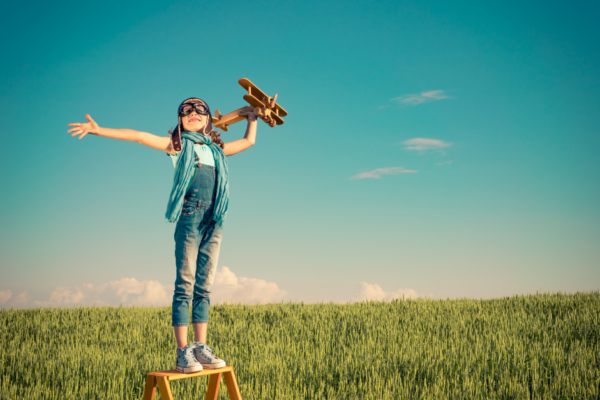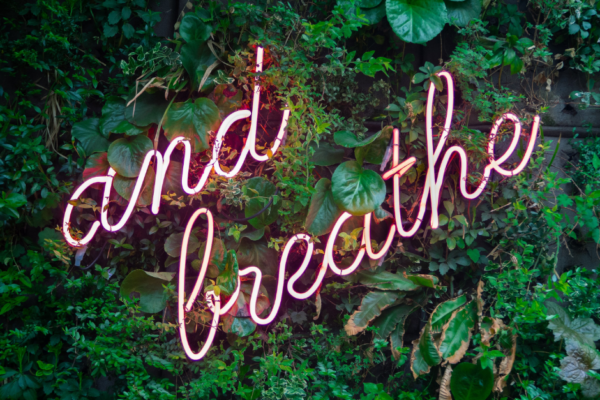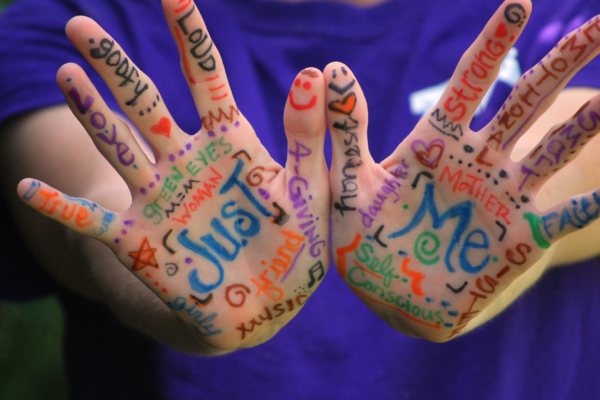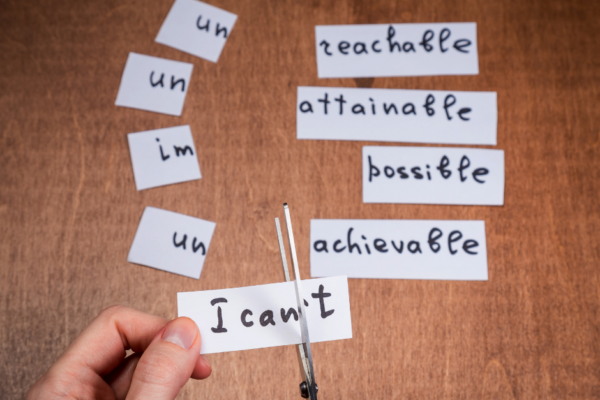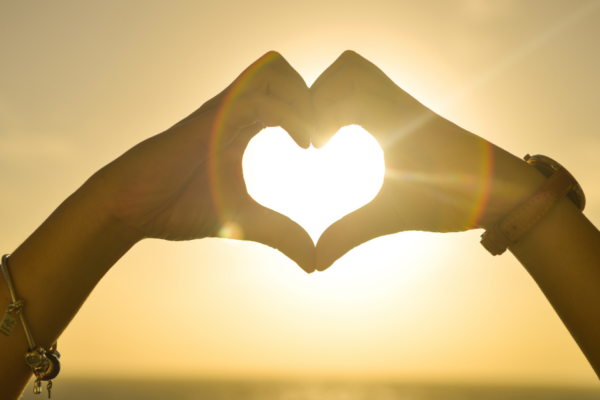“In the long run, we shape our lives, and we shape ourselves. The process never ends until we die. And the choices we make are ultimately our own responsibility.”
– Eleanor Roosevelt
Introduction
Eleanor Roosevelt was a First Lady, and she shared many life lessons. As a thought leader in her own right, she reminded us to be mindful of our lives in one way or another and take responsibility for our own choices. We shape and lead our life by embracing the notion that everything we do has a potential life lesson attached. Every experience we go through presents us with an opportunity to learn something new about ourselves, the situation and other human beings. It’s not what happens to us that’s the issue, it’s how we handle what happens that’s important. What are the treasures/gifts in the lessons learned in life that help us to navigate our journey? How do we learn from the mistakes we make and move on with as much ease and grace as possible?
In this article, we will explore some key important life lessons gleaned through a variety of experiences that occur. I’ll give you some ways on how to move through these life challenges that offer us rich life lessons helping us to overcome self and live life with meaning, passion and acceptance, with a few life lesson quotes throughout.
Letting Baggage from the Past Teach Life Lessons
“Celebrate your heart and your spirit. Celebrate your life while you live it even when it’s hard to do. Celebrate the best of you. Celebrate!”
-Andy Warhol
Life lessons start in the sandbox. How did we learn to share? How did we learn to communicate and get along with others? How did we learn to handle the little disagreements in the sandbox? As reasoning sets in, we become more and more aware of applying the lessons we learned to other circumstances and situations. We are in a continuum of always learning how to be a human being. We learned communication, the value of compromising, commitment and keeping one’s word, caring, respecting, and other high life lessons that we bring into relationships. The key word here is “we”.
When we are aware, acknowledge, and take full responsibility for how we show up in the world, we realize that we are also showing up with the baggage from the environment of our growing years. If we’re stuck with old limited beliefs and patterns that hinder growth, we might want to think about making an empowering decision to trade-up those beliefs/perspectives and overcome self.
The idea is to feel better, be a little more at peace with oneself, feel better in handling relationships with others, re-learning that skill of compromise, implement honesty and re-focus on regard for self and others. The notion of feeling “better” is an operative word that I use to convey a way of measuring even the small changes and shifts we make from learning important life lessons. How do you improve your life and feel better? In fact, how do you go from feeling good to feeling GREAT?
Andy Warhol had a good point when he said to celebrate our lives! We forget to celebrate ourselves. We often dismiss/take for granted our experiences, even when they are wonderful! We are here to celebrate life and living… all the way to the end. Life is a gift! That’s a huge life lesson in and of itself!

Based on your values, experiences, and origin of environment, you will learn your own particular life lessons. Sometimes those life lessons are presented to you, quite unexpectedly and sometimes they are directly caused by your actions. Whatever negative baggage from the past that you allow into your present creates the same unhappy future, when you don’t let yourself take the time to reflect within and heal what needs to be healed, changing the thoughts/beliefs that keep you locked up/shut down, stagnant, and in self-doubt.
When we get into an argument, and someone makes a mistake, we oftentimes point the finger out and hold a grudge because we think it’s the other person’s fault. We feel angry, upset and blame the other person for feeling the way we do. Anger and judgment only prolong internal agony, continue to fuel the fire, and create havoc within. When we punish ourselves for making mistakes, it doesn’t help the healing process either. It does quite the opposite. It only keeps us prisoner of unwanted, negative emotions. We must learn to trust ourselves/others again and let go of resentment. We must learn to identify new values that we wish to incorporate into our lives in a different way.
If we have been betrayed or disillusioned or if we are being accused unjustly, we don’t know what to do or how to deal with it. It’s okay to seek justice, if it’s the case, as long as it doesn’t destroy us and consume/deplete our energy. What’s important is to be conscious of our own thoughts, our own beliefs, our own behavior, and the language/tone we use. It’s good to ask ourselves, “What kind of human being am I/do I want to be?”
The benefit of being consciously aware that life lessons are learned everywhere and from everyone is that you can take a look at what you believe and change the belief. Even becoming consciously aware of your life in panorama is a lesson learned, because it puts everything into perspective for you. Yes, it’s that simple. You need to be open, willing and ready to dive in and explore what’s within, to shift and see life with a new lens, a new perspective. The result is becoming kinder towards yourself and more patient with the journey.
Holding onto resentment or other judgmental thoughts is just an energy drain that depletes your reservoir. It’s time to be “selfish,” to focus on what you need to learn in order to trust again, to let go of resentment, to identify new values that keep you uplifted and inspired to stay open to learn something new you didn’t know before.
Everyone makes mistakes because we are all human beings, being human. Mistakes are part of the human experience and we are meant to learn different life lessons from our mistakes. What’s important is to forgive yourself and others when you make mistakes, making adjustments on your behavior. Forgiving doesn’t mean you forget, it just means you make a decision to let it go for yourself. Of course, each situation is different, and each one may have their own approach whether it requires taking any sort of legal action or bringing about a conversation where apologies eventually flow from understanding and remorse.
Getting a man on the moon took a million tiny adjustments. So if we look at our lives in that way, making a mistake leads us in the direction we want to go. Sometimes we must find out what we don’t want first in order to find out what we do want. It’s the law of polarities.
We make mistakes to learn. We learn how to walk. We fall down and then get up. We learn how not to give up. Thomas Edison’s teachers said he was “too stupid to learn anything.” He was fired from his first two jobs for being “non-productive.” As an inventor, Edison made 1,000 unsuccessful attempts at inventing the light bulb. When a reporter asked, “How did it feel to fail 1,000 times?” Edison, replied, “I didn’t fail 1,000 times. The light bulb was an invention with 1,000 steps.” The most important part of this story is that Thomas Edison never gave up, took in the life lessons he learned, along with thousands of other inventors, scientists, musicians, artists, teachers, philosophers, parents, children and so on and so forth.
Colonel Sanders, founder of the Kentucky Fried Chicken franchise, made so many mistakes and tumbled many times before he started the chicken stores when he was about 45 years old, a perfect example of a person who continually failed, made mistakes and picked himself up by his bootstraps and became successful.
I mentioned the concept of “better” above. I have found that this tiny shift in thinking can move mountains. Sometimes when you are feeling low, you think you have to make a humongous change and that thought/idea becomes so overwhelming, that you don’t think/believe you can achieve it. What I mean is doing one tiny little baby thing that makes you feel better leads you to build on the better. Sometimes you can’t make the leap from feeling miserable to feeling elation in one jump (unless of course, you believe you can). You need to take those baby steps and when you feel better, you feel better. Seek the feeling better feeling and eventually you will increase your joy factor exponentially.
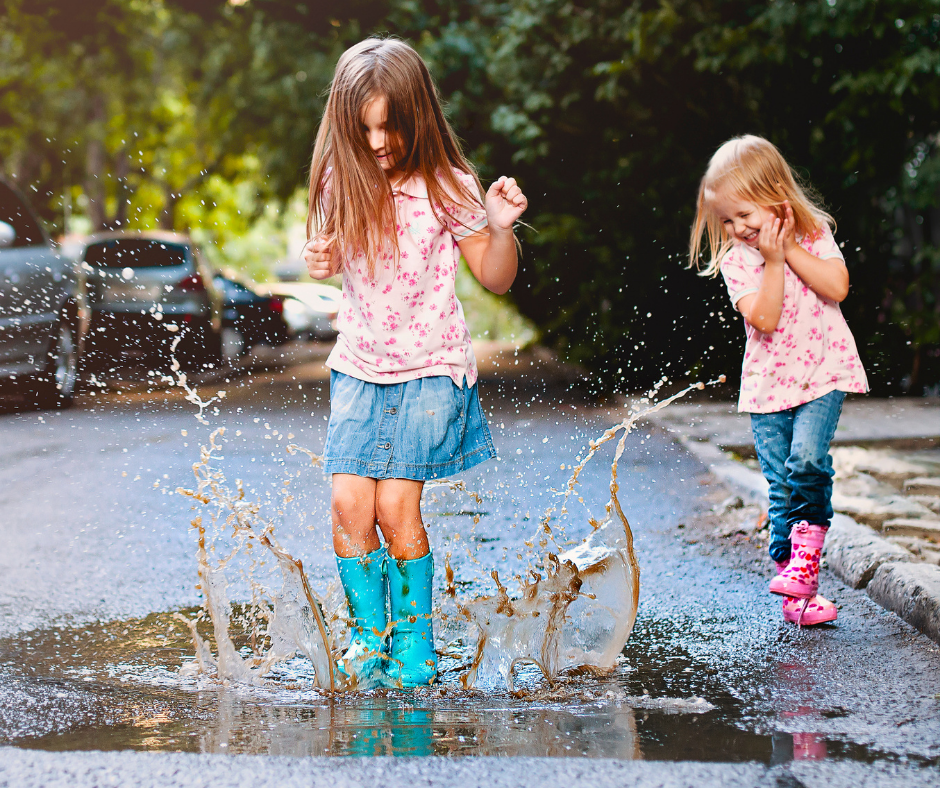
Humans don’t always know how to create healthy boundaries. Some haven’t been taught the skills to have healthy relationships, due to repeating old familiar patterns. Albert Einstein said, “Insanity is creating the same thing over and over again, expecting a different result.” We need to invest in our own mindset change to uncover these patterns, learn from them, and change them to preserve our energy in a healthy way. This takes a conscious awareness, a conscious effort, a conscious decision and a conscious action.
Here are some life lessons around BEing human:
- To explore your own inner world and for healing, you must first be open, willing and ready to seek the needed coaching to discover what is in the way.
- Help yourself by communicating openly in an authentic way, otherwise, the flow of communication starts to shut down. How to speak non-confrontationally is a skill to be learned.
- Think about why you want to point the accusing finger out to someone else, so in sharing with that individual what’s bothering you, you also accept the 3 fingers pointing back at you.
- Ponder choices of different perspectives of a situation and see which one makes you feel better.
- Keeping a positive side in any situation means you don’t give in to be reactionary to other people’s issues.
Conclusion
Some life lessons are passed on from one generation to another, whether positive or negative. Being conscious of what you are passing down to your next generation is being responsible. Are you on automatic and say things that are old patterned knee-jerk reactions? Are they statements that were handed down to you, and you just passed them down without thinking?
As human beings, we learn what we are capable of, what our beliefs are, what we think we can or cannot do, what our values are, what we want, what we don’t want, what we like and what we don’t like. We are learning machines, inputting information and experiences all the time. We never stop learning, until the day we die, and then who knows after that? We were designed to learn to share and teach what we know. It’s a symbiotic relationship, this human experience of ours.
I’m all in when it comes to learning life lessons and it is my desire to inspire clients, students, and close ones the concept of learning. For years, I have asked my grandchildren, “What did you learn today that you didn’t know yesterday?” At the beginning they used to say “nothing” and then gently bringing it out in them, they started to shift their minds to thinking in a different way about what they had learned. Sometimes it was something they learned on the playground and sometimes it was something they learned academically.
We learn life lessons every single minute of every single day. We cannot not learn something. The brain takes in 11 million bits of information per second but is able to consciously process only 40-60 bits per second. Subconsciously, however, the brain processes 20,000,000 bits of information per second. Even when we are dreaming, there is something new to be learned.
As we grow, we learn how to be better at what we do. We learn how to say things differently. We learn how to be more honest and forthright. We learn how to contribute to humanity by what we learn, and we learn how to be better human beings. Important life lessons go hand in hand with learning what is important in life. Be conscious of what you learn. You will be surprised at how much you grow moment by moment, and as the years fly by and you get to be in the last quarter of your life, you will relish the wisdom you have gained over the years to share with others. The American Indians look ahead 7 generations to teach what they know. Learning life lessons is a recycled event, receiving and giving… and the cycle of life lessons learned continues.
Love,
Shelley
It’s your life. Enjoy the journey. And remember to bring love into everything you do.
To be inspired, check out this list of amazing individuals who did not give up. https://www.uky.edu/~eushe2/Pajares/OnFailingG.html



